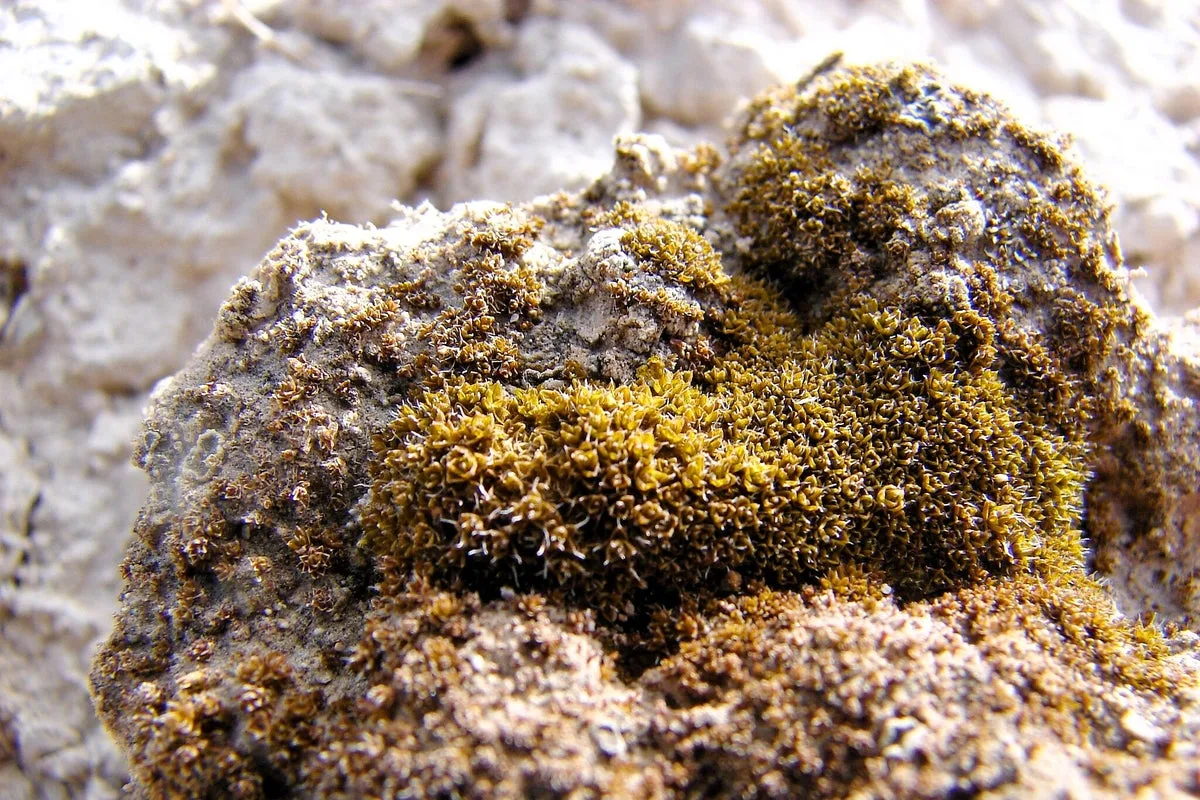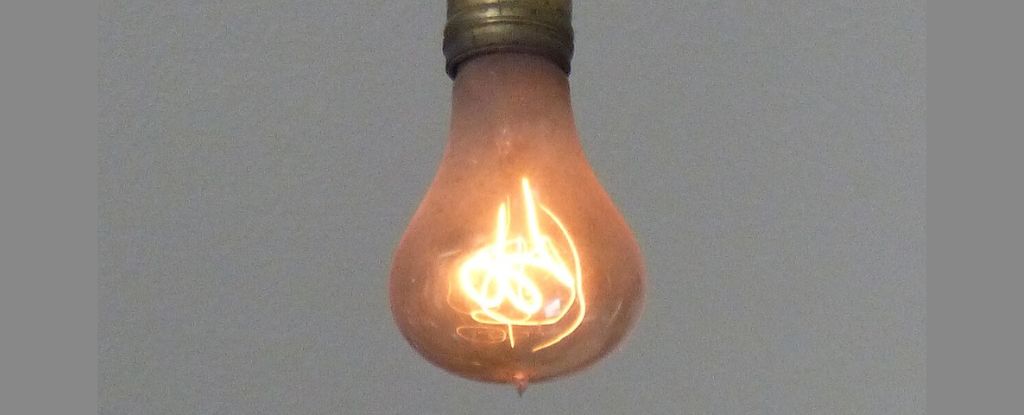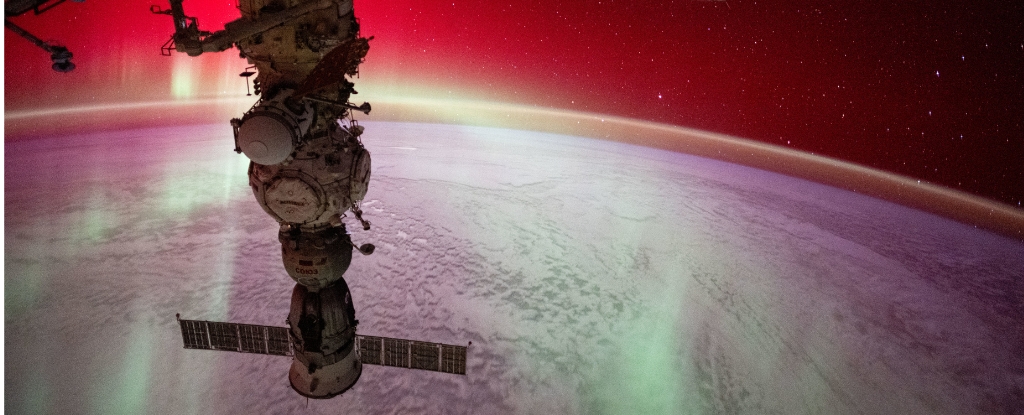Scientists from the Chinese Academy of Sciences discovered that a type of desert moss found in Antarctica called Syntrichia caninervis can survive the extreme conditions on Mars.
Tests showed the moss can tolerate temperatures as low as -196°C and similar levels of gamma radiation as found on the Martian surface.
This indicates the moss is a promising candidate for colonizing extraterrestrial environments like Mars and could help lay the foundation for building sustainable human habitats there in the future.
Being able to grow plant life on Mars would help overcome challenges like lack of food and water for potential future colonists.
While building self-sufficient colonies on other planets remains a long-term challenge, this research demonstrates the potential of this moss species as a pioneer plant that could be tested for growth in outer space environments.
The discovery provides some optimism for ambitions to establish a permanent human colony on Mars before 2050, though concerns remain about long-term health impacts of space travel and living off-Earth.
Source: independent









